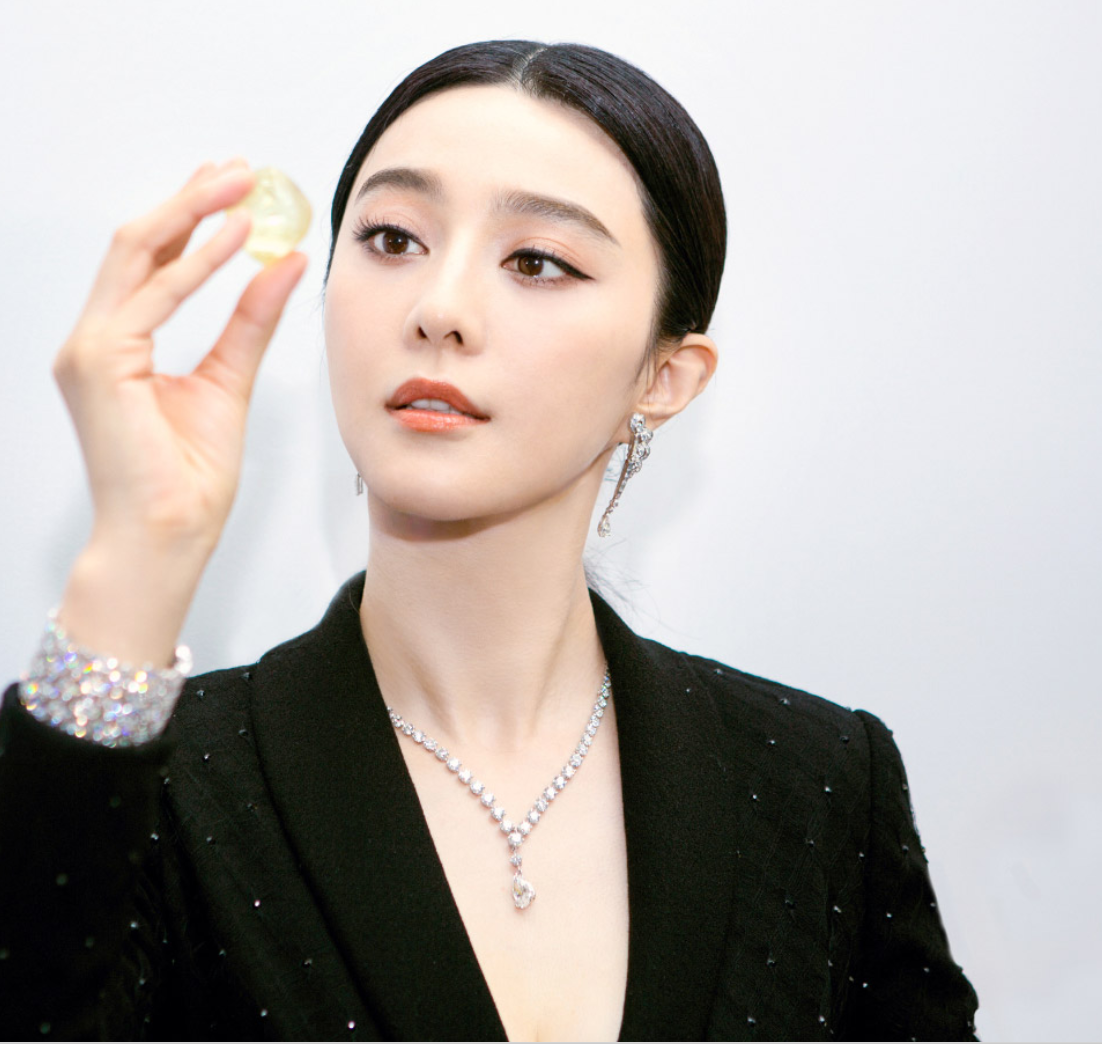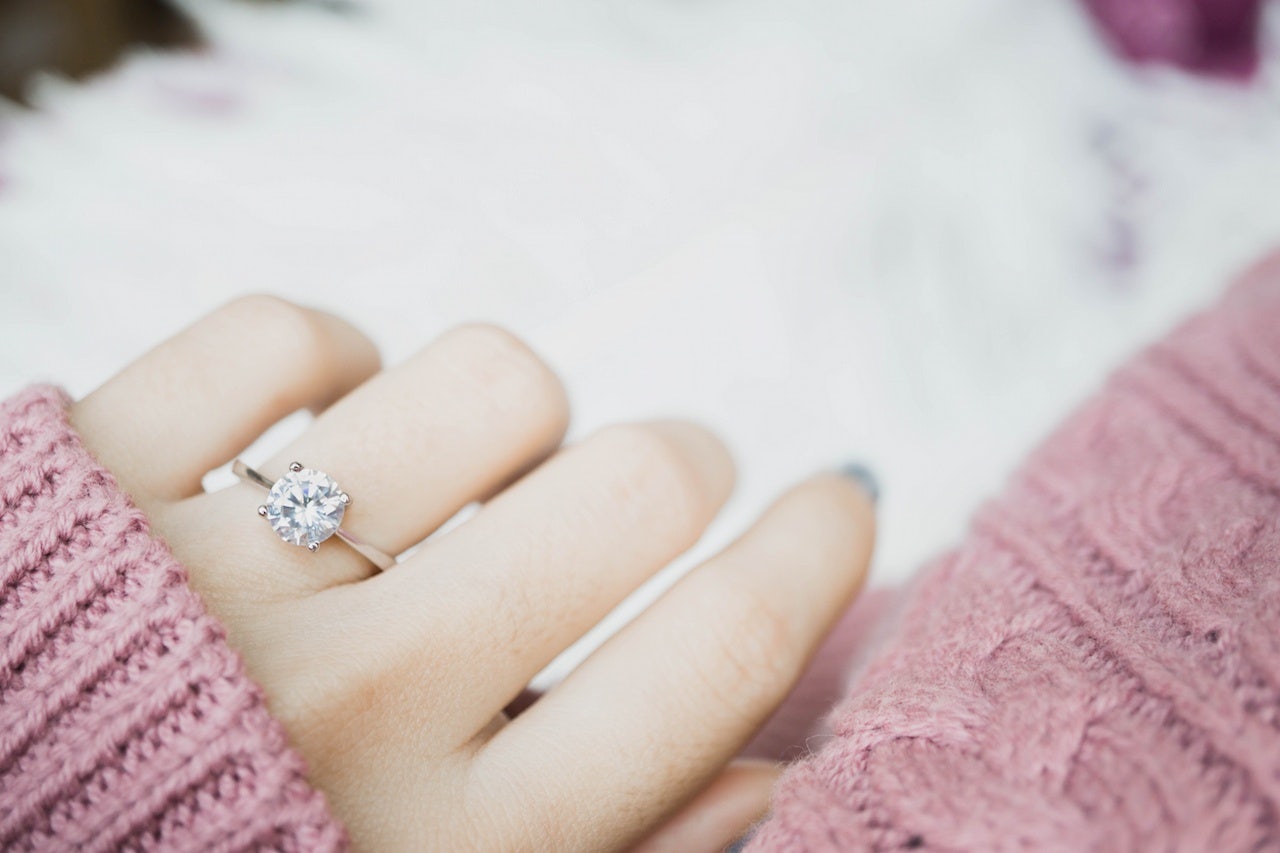Millennials are big buyers of diamonds. Aged 18-34, millennials from the US, China, Japan, and India contributed to 45 percent of total retail sales, worth about 26 billion, according to a 2015 De Beers report.
And Chinese millennials are even bigger spenders. They account for 68 percent of diamond sales in China, a number that’s significantly higher than other markets.
Decoding diamonds#
The diamond industry has developed a top-down approach to decoding millennials’ attitudes to diamonds in order to make the stones even more appealing.
The Diamond Producers Association, which represents the world’s seven biggest diamond mining companies, launched a marketing campaign in the US last November with the new slogan “Real is Rare”. A voiceover in a short film from the campaign says, “Maybe we won’t ever get married, and maybe we will … but it will be wild, it will be kind, and it will be real.” The association is looking to expand the reach of the campaign to China in April this year.
Will this resonate with Chinese millennials? There are different societal and economic factors at play.
Commitment to independence#
“A diamond is an investment for me. I bought it for the inherent value, but more importantly, it feels good to treat myself,” says Sheryl Li, 28, who works at a hedge fund in New York City. She put aside a small amount out of her annual salary to purchase the diamond. For Li, diamonds don’t symbolize marriage, but the commitment to something else — her financial independence.
Li is not the only Chinese women who thinks this way. According to research from advertising agency J. Walter Thompson, over 40 percent of Chinese women regard financial independence as more important than marriage, and over 30 percent of them think financial independence equals success.
Many brands have shifted the focus of their storytelling to women away from marriage and towards empowerment. One way this is evident is in their choice of brand ambassadors.

On October 2017, diamond sellers De Beers announced Fan Bingbing as its global ambassador. On its official China website the company wrote, “world-renowned celebrity Fan Bingbing is an excellent actor, entrepreneur, and philanthropist. Pushing herself to accomplish these titles is the true pursuit of self.”
In the promotional video ‘women of forever’, Fan remarked how her parents expected her to become a music teacher but she decided to pursue acting as a career at a young age. Chinese netizens have given Fan the nickname “Mister Fan” (范爷), as she symbolizes a new breed of women in China who can accomplish as much or more than men.
Marriage is not eternal#
As women become more independent and financially successful, they are less willing to tolerate an unequal marriage. Before, marriage could be seen as a means to gain financial safety, but in today’s society, to marry or not, or remarry or not, doesn’t have a single, definite answer. Consequently, the magical symbolism of “one diamond forever” has faded.
The volume of weddings in China fell eight percent to nearly 12 million in 2015. In the meantime, the divorce rate has risen. In 2015, more than 3.84 million couples parted ways, and the trend is likely to continue, according to China’s Ministry of Civil Affairs.
When marriage is not eternal for Chinese millennials, it challenges the diamond industry that builds upon the notion of eternity — bad news for luxury jewelry brands.
It comes down to self-expression#
As the meaning of committed relationships blurs, it also grants an opportunity for millennials to reinterpret diamonds as accessories, and the reasons to own a unique one.
Like more and more young people who resist big logos, Li told me she prefers attractive pieces with unique designs that don’t come from big brands like De Beers, Cartier or Graff. “I take great pleasure in spotting a good quality unique one, but I am still learning how to examine the value of a diamond.”
For luxury jewelry brands, this new trend indicates that further growth opportunities lie in design. They can serve young millennials’ interests in self-expression by marketing unique designs that mean something to them, a relationship with a diamond that’s more akin to a tattoo than an engagement ring.


